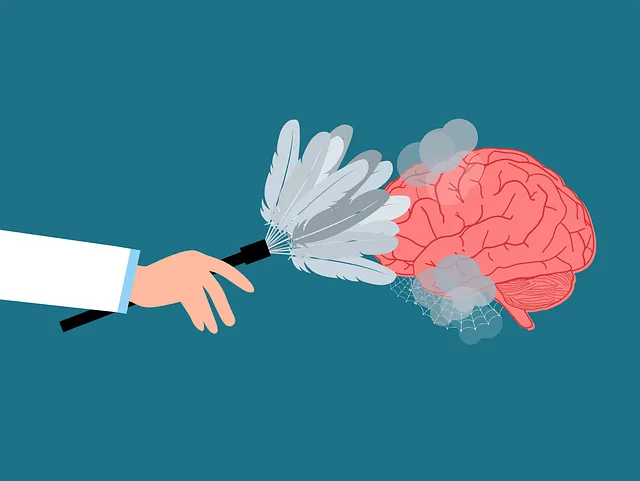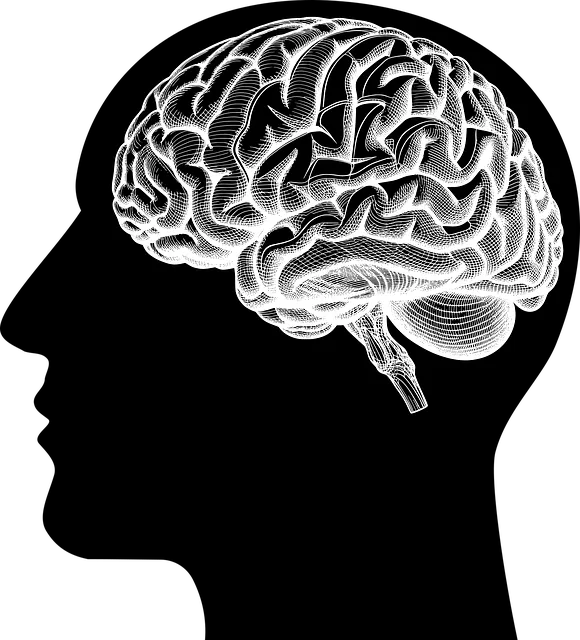Misdiagnosis in mental health is a significant problem, especially for complex cases, leading to inappropriate treatments and delayed care. Northglenn Kaiser Permanente mental health services are tackling this issue with a revolutionary, patient-centric approach, integrating Mind Over Matter Principles, Emotional Well-being Promotion Techniques, and Self-Care Practices. They utilize advanced risk assessment tools, Mental Wellness Journaling Exercises, and Stress Management Workshops to enhance diagnostic accuracy and foster effective emotional healing processes. By combining comprehensive training, evidence-based practices, and holistic techniques, Northglenn Kaiser Permanente is dedicated to providing precise diagnoses and tailored treatment plans for complex mental health cases.
Mental illness diagnoses can be complex, with misdiagnosis rates as high as 20-30%. This article explores efforts to improve diagnosis accuracy, focusing on Northglenn Kaiser Permanente’s pioneering approach. We delve into innovative strategies, emphasizing the role of training and support for mental health professionals. By examining these initiatives, we aim to highlight how organizations like Northglenn Kaiser Permanente are revolutionizing mental health services, ensuring more accurate and effective patient care.
- Understanding the Challenge: Misdiagnosis Rates in Mental Health
- Northglenn Kaiser Permanente's Approach to Enhancing Diagnosis Accuracy
- Innovative Strategies for Improving Diagnostic Practices
- Training and Support: Empowering Mental Health Professionals
Understanding the Challenge: Misdiagnosis Rates in Mental Health

Misdiagnosis is a significant challenge within the mental health domain, particularly in complex cases where symptoms overlap between various disorders. Studies indicate that across different healthcare settings, including Northglenn Kaiser Permanente mental health services, misdiagnosis rates can be alarmingly high. This is concerning as incorrect diagnoses may lead to inappropriate treatments, delayed access to correct care, and potential harm to patients’ emotional healing processes.
The complexity of mental wellness coaching programs development further exacerbates this issue. Symptoms of depression, anxiety, bipolar disorder, and other conditions often share similarities, making it crucial for healthcare providers to have a deep understanding of these conditions and employ thorough evaluation methods. By recognizing the challenges posed by misdiagnosis, Northglenn Kaiser Permanente and similar institutions can invest in strategies aimed at enhancing diagnostic accuracy, ultimately fostering more effective emotional healing processes.
Northglenn Kaiser Permanente's Approach to Enhancing Diagnosis Accuracy

Northglenn Kaiser Permanente has pioneered an innovative approach to enhancing mental health diagnosis accuracy. Their strategy is deeply rooted in the Mind Over Matter Principles, which prioritize holistic understanding and patient-centric care. By integrating Emotional Well-being Promotion Techniques, the organization ensures comprehensive assessments that consider not just symptoms but also underlying triggers and coping mechanisms. This multi-faceted method involves empowering patients with Self-Care Practices tailored to their unique needs, thereby fostering more accurate diagnoses and improved outcomes.
Through this approach, Northglenn Kaiser Permanente aims to revolutionize mental health services by creating a supportive environment where individuals feel heard and understood. The emphasis on precise diagnosis is complemented by an array of therapeutic interventions designed to nurture emotional well-being. This comprehensive strategy not only enhances the quality of care but also fosters long-term resilience among patients navigating their mental health journeys.
Innovative Strategies for Improving Diagnostic Practices

Innovative strategies are transforming mental health diagnosis practices at Northglenn Kaiser Permanente. One such approach involves integrating advanced risk assessment tools specifically designed for mental health professionals. These assessments go beyond traditional methods, incorporating dynamic factors and personalized data analysis to enhance accuracy. By leveraging cutting-edge technology, mental health services in Northglenn can now identify subtle cues and patterns, enabling more precise diagnoses.
Additionally, the implementation of Mental Wellness Journaling Exercise Guidance has proven effective. Encouraging patients to document their thoughts and emotions provides valuable insights for both clinicians and individuals. This practice facilitates self-reflection and promotes open communication, allowing mental health professionals to tailor interventions effectively. Moreover, Stress Management Workshops Organization plays a pivotal role in empowering individuals with coping mechanisms, reducing symptoms, and ultimately improving diagnostic outcomes within the Northglenn Kaiser Permanente community.
Training and Support: Empowering Mental Health Professionals

Mental Health professionals play a pivotal role in diagnosing mental illnesses accurately. To enhance accuracy and improve patient care, Kaiser Permanente Northglenn prioritizes training and support for its staff. They implement programs grounded in Mind Over Matter Principles, focusing on evidence-based practices for Mood Management and refining Social Skills Training techniques.
Through workshops, ongoing educational sessions, and mentorship programs, professionals are equipped with the latest research and tools to navigate complex presentations of mental health conditions. This holistic approach ensures that patients receive precise diagnoses and tailored treatment plans, fostering a more positive and effective journey towards recovery.
Mental illness diagnosis accuracy is a multifaceted challenge that can significantly impact patient outcomes. As highlighted, misdiagnosis rates in mental health are alarmingly high. However, innovative strategies like those adopted by Northglenn Kaiser Permanente mental health services offer promising solutions. By prioritizing training and support for professionals, implementing data-driven approaches, and fostering collaborative environments, we can enhance diagnostic practices and ensure more accurate, timely, and effective treatment plans for individuals facing mental health challenges.






